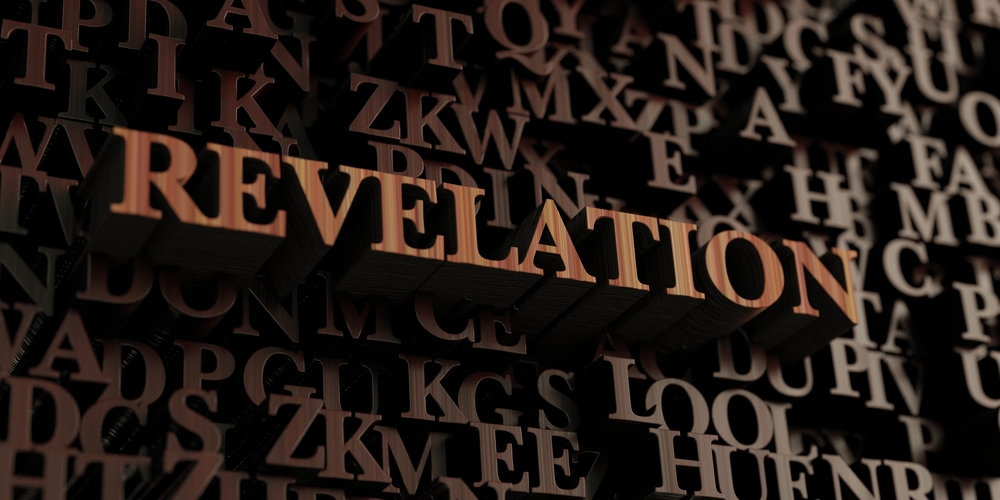
Our faith and trauma conversations with Zachary Moon have been so rich! I’m sure we’ve all been carrying around little nuggets of thought and epiphanies, recognizing behaviors and emotions we know from our own experience. One thought that keeps surfacing in my reflections is the idea of “normal” and, perhaps even more timely, “returning to normal.” This is a phrase we’ve heard for months. And it stubbornly refuses to happen.
As we’ve said often in our discussions—and many of us know from experience—there’s no such thing as an objective “normal” before or after trauma and loss. Nor is there a “normal” set of behaviors we can define for dealing with traumatic events. That’s why a lot of the well-meaning one-size-fits-all comfort clichés we’ve talked about simply don’t make the grade, including those that may contain morsels of truth. And yet we reach for these ideas to make meaning of what makes no sense, trying to find answers to our “why” when the “what” feels like more than we can manage. We just want to get back to normal.
Centuries before the first textbook about trauma and loss got written, the Gospel writers recognized the symptoms or psychological injury and described them with extraordinary accuracy. John’s Gospel concludes with a classic case study of post-traumatic urgencies to “get back to normal.” Jesus is noticeably different—and understandably so, given what he’s gone through. But these changes also affect his followers, who are riding their own emotional rollercoasters.
Peter does what we hear many people talk about today talk: he tries to pick up where he left off before his life got interrupted. “I’m going fishing,” he tells his buddies, and they say, “Let’s go!” But what begins as a back-to-normal move ends in a most unusual way. Jesus makes breakfast for them! It’s a beautiful gesture. But’s also a little, well, weird. Why would John’s writer choose to close the Gospel in this way?
Give John 21 a fresh read and join us Thursday evening at 7:30pm CST as we end our three-part Fearful & Faithful study series with Rev. Dr. Zachary Moon. If you’ve not been there, you don’t know what a blessing this is! Click on the button below to access the Zoom study. I look forward to seeing everyone this Thursday!
Peace and blessings,
Pastor Tim










